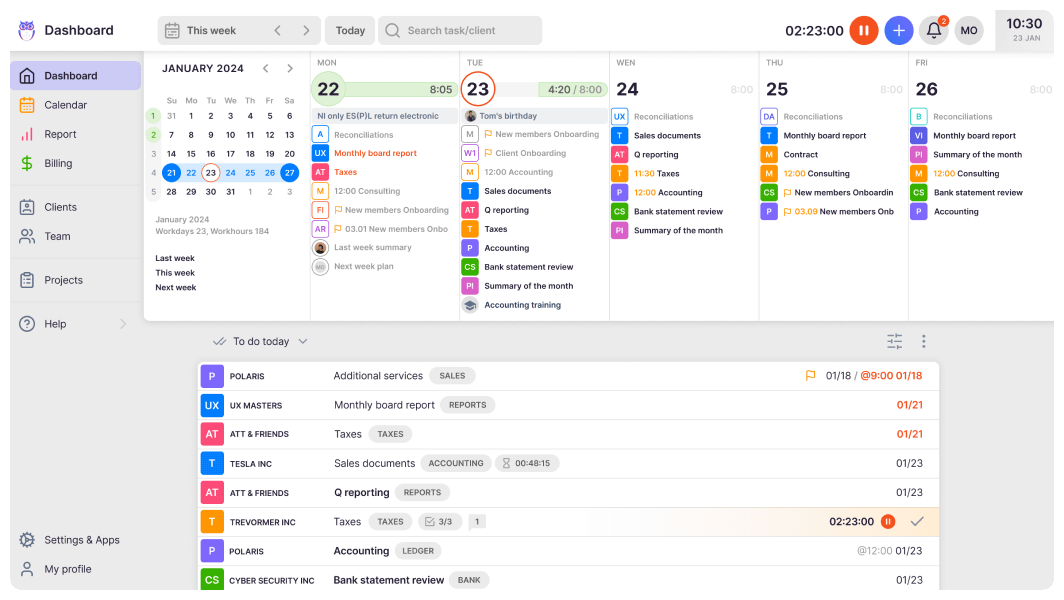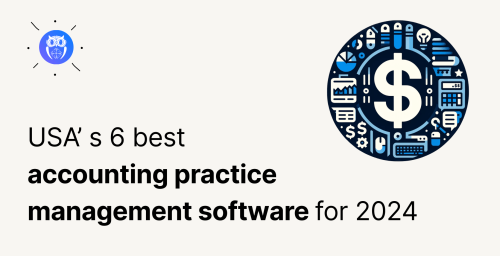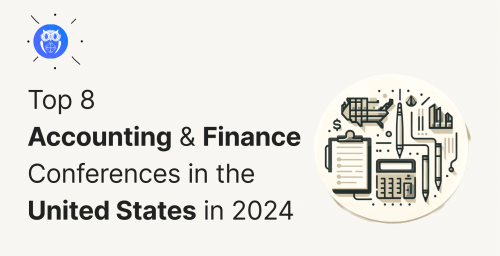Accountancy also plays a vital role in the financial system, facilitating monetary transactions that underpin the UK economy.
Therefore, accounting practice managers must ensure that their accountants and services are not used for any unlawful purpose. Let’s talk about why UK accountants need AML software.
All accountancy practices in the UK must act honestly and comply with the law. Practices must not engage in criminal activities, including financial crimes like money laundering or terrorist financing.
Accountants are seeking protection from money laundering risks by investing in Anti-Money Laundering (AML) solutions.
Why does the accountancy sector need Anti-Money Laundering, AML software?
The UK’s AML regulations have taken various forms over the years, with laws being made as per the following:
- Terrorism Act 2000
- Anti-terrorism, Crime and Security Act 2001
- Proceeds of Crime Act 2002 (POCA)
- Counter-terrorism Act 2008
- Terrorist Asset-Freezing Act 2010
- The Criminal Finances Act 2017
- EU AML 5 2020
The Act of 2017 is most used to interpret what does and does not constitute AML practices. (Note the previous directive is EU legislation that the UK still adopts despite the UK’s withdrawal from the European Union).
It is arduous for accountants to continually update themselves with the latest regulations and ensure they adhere to them. And it is not only accountants either, but the following businesses must also consider AML in their dealings:
- external accountants
- company service providers
- auditors
- tax advisers
- insolvency practitioners
These services are collectively defined in the UK as falling under the AML regulations’ scope mentioned above.
Meaning that those practices who use external partners like auditors, tax advisers and accountants from other firms, must check that their work does not fall foul of AML regulations.
Any business audited by HMRC, which provides both accounting services and trust or corporate services, should also generally comply with these AML regulations.
What are AML responsibilities of businesses and how can AML software help?
The 2017 Regulation goes further, obliging business employees to understand and partake in AML checks. Businesses are responsible for ensuring their employees are trained and aware of such legislation – this includes accountants.
Suppose a company or practice fails to meet its obligations. In that case, administrative penalties are imposed on the business and those responsible.
Businesses and accounting practices must have controls within their workflow processes that can assess the risk any client or customer could pose within the scope of AML.
One example of these checks is for a business to perform Customer Due Diligence (CDD).
Customer due diligence is the act of assessing clients and customers’ background. By checking their background businesses can determine the client’s identity, and thus the risk posed to doing business with them.
Typically this is done by accepting forms of identification, including passports, driving licences, ID cards and a document highlighting their residential address.
What’s more, customer records must be kept at businesses and could be checked anytime by an auditor.
Furthermore, staff must file a Suspicious Transaction Report (SAR) should an employee suspect any financial irregularity. According to the National Crime Agency, a SAR alerts law enforcement to any potential instances of money laundering or terrorist financing.
Plus, all businesses within the regulated financial services sector must appoint a Money Laundering Reporting Officer (MLRO).
Relevant employees and businesses should thus be adequately trained to understand the systems and controls developed to combat AML.
Why customer due diligence is critical
Financial criminals typically attempt to disguise their real identity and business structure by performing complex transactions when committing money laundering crimes.
The purpose of CDD is to know and understand a customer’s identity, so money-laundering risks that may or may not exist can be appropriately managed.
By identifying clients and customers’ true identity, businesses can make informed judgments about whether their customers comply with existing AML regulations.
Sadly, the accountancy sector is frequently targeted by criminals to carry out suspicious financial activities.
Both CDD and Know-Your-Customer (KYC) requirements set practical guidelines for businesses to offset the risk of becoming involved in money-laundering cases.
AML non-compliance is severe
AML rules are significant pieces of regulation that boost the legal powers of HMRC to stamp out money laundering within the UK’s financial sectors.
For instance, should a business fail to provide the requested documents to HMRC, they could be hit with a regulation 66 notice.
A regulation 66 notice expects the organisation to provide precise details of transactions and persons to HMRC; plus, an officer could also visit and inspect the business.
Not complying could result in a penalty.
HMRC provides a paid-for anti-money laundering supervision service, which most companies who work in the financial sector must be part of.
It is worth noting though even subscribers to this service should still follow the advice and recommendations and avoid non-compliance. The responsibility for AML procedure still falls on the accountant.
In January 2019, UK firms were fined nearly £300m for failing to adhere to money laundering regulations.
Why AML software clear the path to transparent accounting
It’s clear that accountants must pay close attention to AML – or face some serious consequences from HMRC.
The message to all practice managers and accountants has to be – don’t assume you’re covered.
We at Uku always strive to reduce the stress and pressure on our accounting community. In addition to work management, Uku can also be used as AML software.
So, we are adding a few AML fields to our client side so accountants can use them to keep up with AML checks’ requirements.
This AML feature will help our accountants handle this critical responsibility with triggered tasks warning them of up-and-coming assessments.
We’re building a checklist in our software to verify that the AML requirements are met. These checklists will automatically apply as a task on the accountant’s dashboard screen 30 days before the next AML anniversary date
The accountants’ clients will then log in to a self-service portal to submit copies of their IDs and proof of residence.
However, the accountant is still ultimately held responsible for collecting their clients’ data accurately and ensuring that the ID authentication is correct. Uku’s AML checklist will help accountants determine whether a client is ‘safe’ to do business with or ‘fails’ UK AML regulations.
Accountants that are more transparent in their dealings have more credibility in the eyes of legitimate clientele.
Our AML software will ultimately connect with other features of our planned new releases, including our CRM and self-service capabilities, which will all be soon released in a roadmap
Watch this space!














